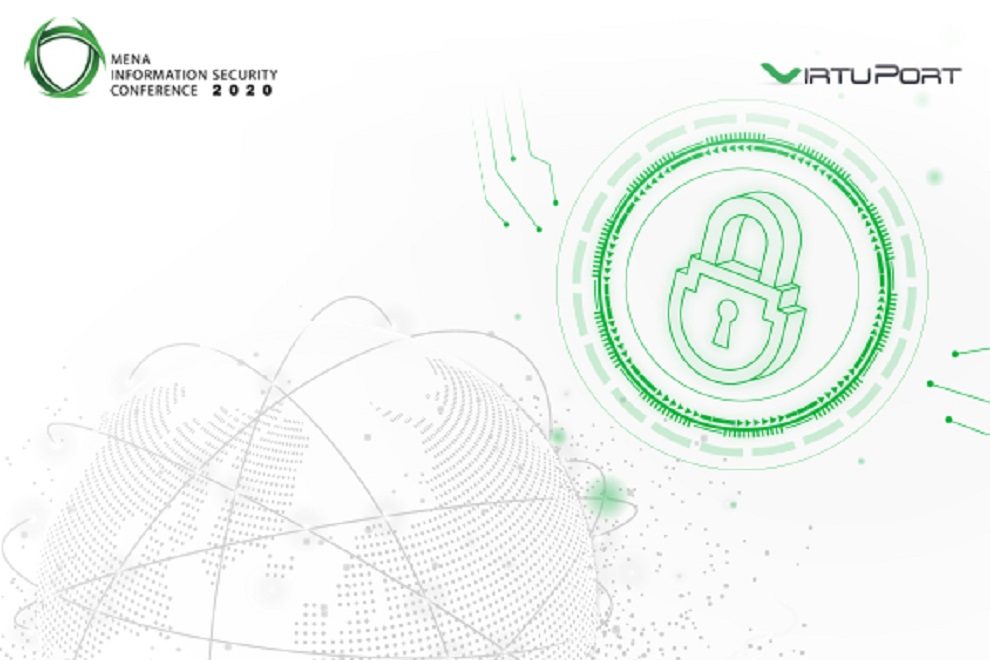The 8th Middle East and North Africa Information Security Conference (MENAISC2020) will be held virtually under the title “Evolving from Cyber Resistance to Resilience, in the Age of Smart Cities, Digital Economy and IoT,” with the participation of more than 26 specialized international and regional experts. The event will cover Saudi Arabia, the UAE, Kuwait, Bahrain, Oman, Egypt and Jordan and targets 15 pivotal sectors, including: Defense, financial and banking services, insurance, information technology, energy and industry, health and retail, education, building and construction, government service sectors, in addition to airports, universities, and others.
The leading conference also aims to support the goals of the Kingdom’s Vision 2030, which include digital transformation through the implementation of digital infrastructure projects. Registration for the conference can be made via the link https://www.menaisc.com/register/
Countries and industries across the world have become increasingly dependent on integrated digital services that use technologies such as the Internet of Things (IoT). This has resulted in a renewed focus on the importance of cyber resilience across all sectors that employ such technologies and the need for effective cyber security measures to protect organizations from the spate of targeted attacks, according to cybersecurity expert and CEO of Virtuport Eng. Samir Omar.
Cyber resilience refers to an organization or sector’s ability to prepare for, respond to and recover from cyberattacks. It involves analyzing shortcomings in the internal digital environment and addressing them proactively to protect the organization from potential attacks and the consequential disruption of business, thus limiting the losses faced by the company or sector.
Mature Sectors
When asked which Saudi sectors have the strongest cyber resilience strategies and plans, Eng. Omar said: “Both the public and private sectors in the Kingdom are cyber resilient, in addition to sectors such as telecommunications, banking and finance, healthcare, and others. Each sector varies in its level of preparedness for cyberattacks. Overall, most large organizations in these sectors have mature cyber resiliency and business continuity management programs.”
He added, while there is no available analytical data to determine the exact percentage of organizations recovering from cyberattacks, what is known is that organizations that have a robust cyber resilience strategy in place were able to resume operations significantly faster when tested than those that didn’t.
Commenting on the readiness of the Saudi digital environment to implement cyber resilience strategies, the CEO of Virtuport said there are many sectors within the Kingdom ranging from Government & Public Sector to Telecommunications, Banking & Finance, Healthcare, etc. Each sector ranges in their readiness. Overall, most large organizations in these sectors have mature cyber resiliency and business continuity management programs.
The National CyberSecurity Authority (NCA) has published the Essential Cybersecurity Controls (ECC) including the Cybersecurity Resilience Domain and the Cybersecurity Resilience Aspects of Business Continuity Management (BCM) subdomain. This is in addition to regulations from the Saudi Arabian Monetary Agency (SAMA), Communications and Information Technology Commission (CITC) and others that have helped to build effective cybersecurity governance frameworks and a robust cybersecurity infrastructure in the Kingdom,” he added.
Eng. Omar said Saudi Arabia has been adopting well established standards and frameworks for almost two decades including ISO 27001 and ISO 22301 which both address the need for Business Continuity Management and Resiliency.











